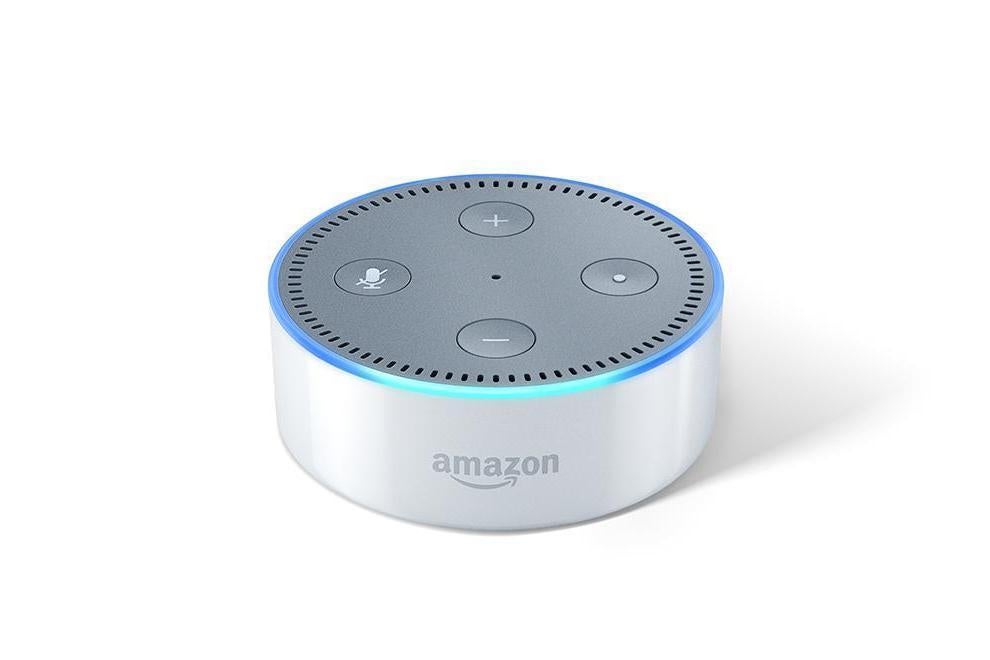Amazon Echo-speaker advert cleared after it ordered cat food for viewer
The viewer complained that the ad was was socially irresponsible

Your support helps us to tell the story
From reproductive rights to climate change to Big Tech, The Independent is on the ground when the story is developing. Whether it's investigating the financials of Elon Musk's pro-Trump PAC or producing our latest documentary, 'The A Word', which shines a light on the American women fighting for reproductive rights, we know how important it is to parse out the facts from the messaging.
At such a critical moment in US history, we need reporters on the ground. Your donation allows us to keep sending journalists to speak to both sides of the story.
The Independent is trusted by Americans across the entire political spectrum. And unlike many other quality news outlets, we choose not to lock Americans out of our reporting and analysis with paywalls. We believe quality journalism should be available to everyone, paid for by those who can afford it.
Your support makes all the difference.A television ad for Amazon's Echo Dot smart speaker has been cleared by the regulator after it activated a viewer's own device and placed an order for cat food.
The ad, seen on October 5, demonstrated people using the device in various situations and included a man's voice saying: "Alexa, re-order Purina cat food," to which Amazon's virtual assistant Alexa replied: "I've found Purina cat food. Would you like to buy it?"
The viewer, who said their Echo Dot ordered cat food after the ad played, complained that the ad was was socially irresponsible.
Amazon said they "marked" ads to prevent them from triggering responses from devices in homes, and customers were also asked to confirm a purchase or it would be automatically cancelled.
However, Amazon confirmed that the complainant's device did order Purina cat food on the day the ad was seen, which the customer immediately cancelled.
The Advertising Standards Authority (ASA) acknowledged that Amazon had taken steps to prevent their ads interacting with devices that might "overhear" them, and customers needed to actively confirm purchases.
The ASA said: "In this instance, the complainant had cancelled the order themselves, but we understood that had they not done so, the order would nonetheless have been cancelled automatically.
"Therefore we understood that it would not be possible for a purchase to be made without the account owner's knowledge, even in instances where technology, intended to stop ads interacting with devices, had not been effective.
"We concluded that the ad was not socially irresponsible and did not breach the Code."
PA
Join our commenting forum
Join thought-provoking conversations, follow other Independent readers and see their replies
Comments